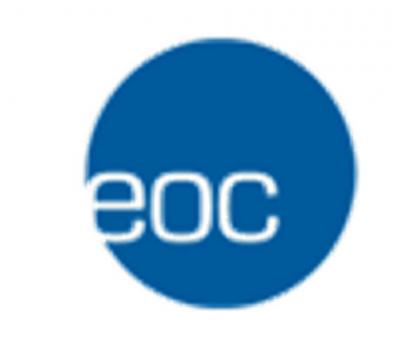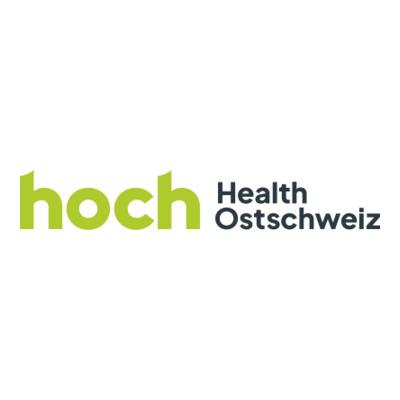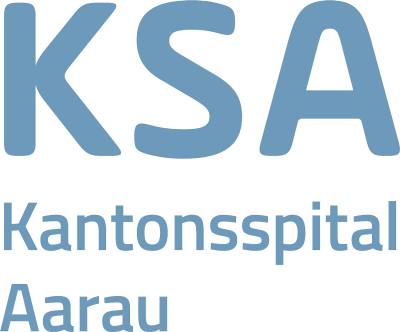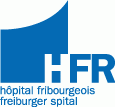Registry and study of EGFR-mutated NSCLC
Coordinating investigator
In this project, health data will be collected from patients with advanced EGFR-mutated non-small cell lung cancer (NSCLC).
Around 13% of all NSCLC adenocarcinomas have an EGFR mutation. Significant progress has been made in the treatment of advanced EGFR-mutated NSCLC in recent years. However, too little is still known about the tolerability of the active substances authorised to treat this disease. This is also true of the treatment response and the course of the disease in patients treated with these medicinal products outside of trials. In addition, the algorithms for therapy for advanced EGFR-mutated NSCLC are changing frequently, as rapid progress is being made in this area and new medicinal products are being developed.
Setting up a registry
For these reasons, it is increasingly important to carry out registry projects with people who are treated for advanced EGFR-mutated NSCLC outside of clinical trials in normal everyday clinical practice. This type of registry requires relevant data. The SAKK_LuCa_2 project consists of two parts: The first part is this type of registry, in which health-related data from people with EGFR-mutated NSCLC is collected. The second part is a trial which will investigate on the basis of the data collected in the first part how these people are treated in Switzerland and how they respond to the treatment given.
Only data that would be recorded as part of normal medical care are collected.
Aims of the analyses
The data collected will be statistically evaluated. Key aims of these analyses are to describe survival rates, therapy sequences, response rates and adverse effects in three different cohorts:
- Cohort A: 60 people with NSCLC and EGFR exon 20 insertion mutations
- Cohort B: 80 people with NSCLC and classic EGFR mutations with disease progression after first-line treatment with osimertinib
- Cohort C: 60 people with NSCLC and EGFR mutations other than exon 20 insertion mutation
The following factors will also be investigated:
- Cumulative metastatic incidence rates in Cohort A (overall and depending on treatment type)
- Situation in Switzerland regarding molecular testing of patients with NSCLC
- Molecular changes in disease progression following first-line treatment with osimertinib















